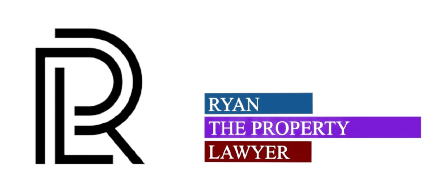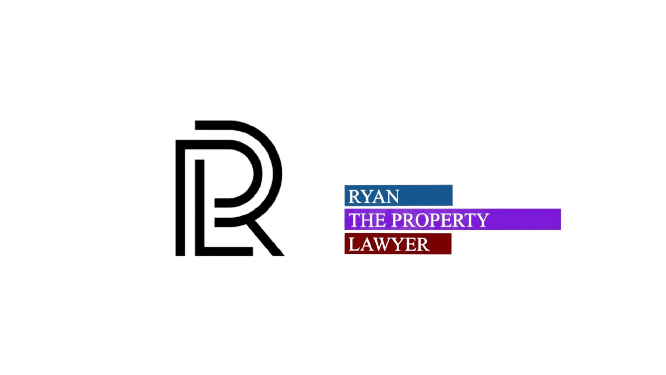When you purchase property using a mortgage, you are pledging your rights (because you do not actually own the land – the Crown does) to the property as security for the mortgage loan. This is technically what is happening in the transaction.
If you ever thought of real estate as just a ‘home’ or a ‘building’ or ‘land, then this list may challenge that perspective, and clearly illustrate that property is an asset-class (just like stocks or warrants). It’s just a very ‘physical’ asset – and you can live in it!
Regardless of the payment type (blended or interest-only), amortization or structure (open v. closed) of the mortgage, these are the six (6) obligations a borrower is making when taking out a mortgage on property:
Repay the loan:
you agree to repay the loan based on the payment schedule outlined in the contract. If you default, then you will be in breach of your mortgage contract, and the lender can initiate steps to reclaim the property and any damages & penalties it has suffered.
Insure the property:
you agree to keep adequate property insurance on the property to protect the lender from losing their security in the property due to a fire or other risks. If you fail to keep insurance on the property, the lender will consider you in default – even if there actually is no fire or damage. So don’t let that policy lapse! This is a big one, particularly for private mortgages and satisfying the requirements of private lenders (who have a much lower appetite for risk to their property as compared with institutional lenders).
Maintain the property:
you agree to keep the property in good saleable condition, including making all reasonable and necessary repairs.
Not to commit “waste”:
this is an odd one that most people do not necessarily understand. “Waste” is a defined legal term which includes any action or non-action that may reduce the value of the property. For example, if you do not keep the septic tank in a good state of operation, and over the years it causes significant damage to the property, then this may be argued to be ‘waste’.
Pay property taxes (or, condo fees):
if you do not pay your property taxes or condo fees, then you may be in default with your lender.
Standard Charge Terms:
the Standard Charge Terms comprise the main terms of your mortgage contract. You will review these terms with your lawyer when you close on the property. These terms are in addition to, and go far beyond, your lender’s more common terms concerning repayment, interest rate, amortization, etc. You may be surprised at the rights the lender still has to “your” property (i.e. to enter onto and inspect the property with notice to you).
RPL represents buyers, sellers, and private lenders in the regards to all aspects of property ownership and mortgage lending. Contact me if you wish to discuss anything in this article or mortgages & lending in general.
Author Profile

Latest Blog
 Uncategorised22 December 2023What Constitutes a Legal Partnership in Ontario?
Uncategorised22 December 2023What Constitutes a Legal Partnership in Ontario? Uncategorised22 December 2023Characteristics of a Corporation in Ontario
Uncategorised22 December 2023Characteristics of a Corporation in Ontario Uncategorised22 December 2023Intentions Matter When Co-Owning Property
Uncategorised22 December 2023Intentions Matter When Co-Owning Property Uncategorised22 December 2023Consequences of Operating an Ontario Partnership
Uncategorised22 December 2023Consequences of Operating an Ontario Partnership




